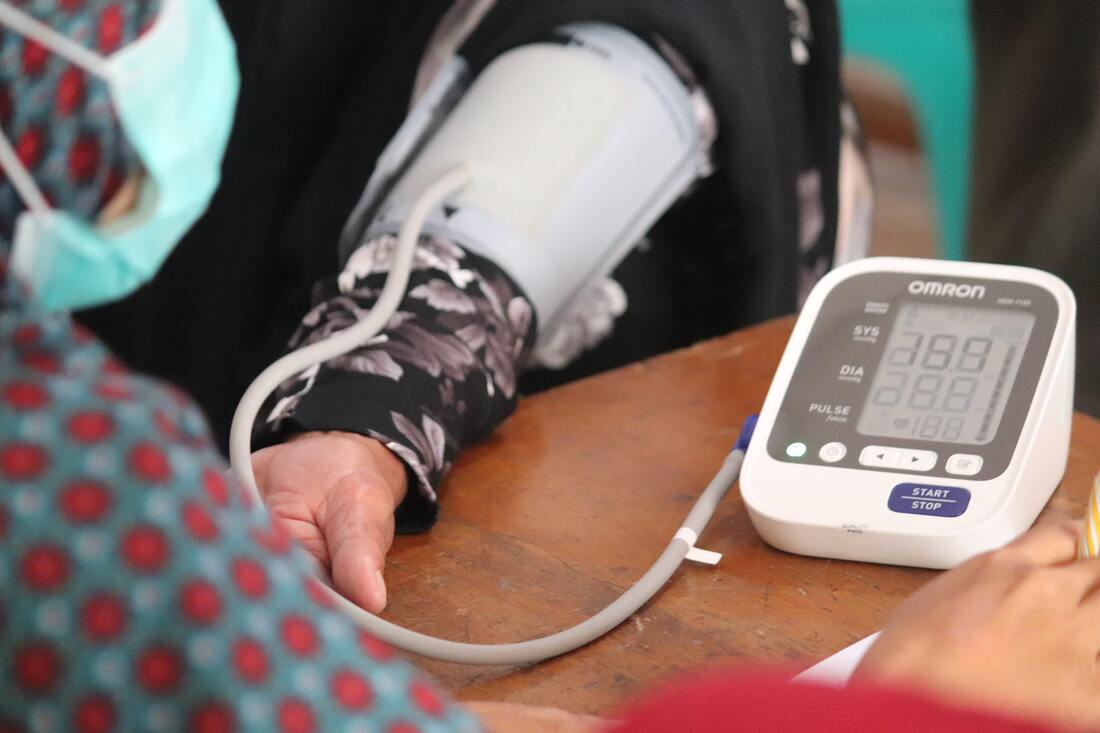|
Collaborative Post | Cancer is a uniquely devastating diagnosis for those unfortunate enough to develop it, though it is one of the more common forms of serious illness a person can experience. According to Cancer Research UK, cancer is the cause of a quarter of deaths in the UK. But cancer certainly is not a death sentence, nor does it have to be for many people. Awareness campaigns are important not just to raise money for vital charity work, but also to encourage people to engage more readily with their own health – and potentially catch cancer before it becomes deadly. In this way, cancer awareness is crucial not just nationally, but also personally What to look forThe key to maintaining awareness of cancer, with regard to your own health, is to maintain awareness of your body and any changes it may undergo. Cancer is a disease with a wide variety of indicators, depending on the type and area it affects; in many cases, early recognition of early symptoms can be the difference between a simple procedure and a drawn-out healthcare plan. It is especially important that you advocate heavily for yourself in these early stages, should you recognise any potential cancer symptoms. While the NHS, generally speaking, is on high alert for cancer symptoms, there are rare occasions on which certain concerns can slip through the net – leading to missed diagnoses, worsening illness and potentially constituting misdiagnosis and medical negligence as a result. But what exactly should you be looking out for? Again, the symptoms of a developing cancer can vary widely depending on the location and type of prospective cancer. The most commonly understood symptom is the development of new and unusual lumps and bumps, whether under the skin or in the form of a mole. However, cancer can also present symptoms in the form of bloating, constipation, fatigue and even pneumonia in the case of lung cancer ScreeningWhile many potential symptoms can be monitored relatively passively, there are also some active ways in which you can monitor your health and check for specific symptoms. Self-screening for cancer involves examining your body for any noticeable physical changes, typically in the form of lumps and discolouration. Breasts and testicles are well-advertised as parts of the body it is important to screen, but they are not necessarily more important to check than other areas of your body. It is key that you familiarise yourself with the way your body feels, in order to properly notice changes. There is also the opportunity to undertake a medical screening, even if you show no symptoms whatsoever. Additional riskSome people are more likely to contract a form of cancer than others, for a number of different reasons. There are environmental or habit-based risk multipliers, such as smoking, but there are also genetic traits that can increase risk. It is also true that other diseases can significantly increase cancer risk; diabetes, for example, affects a fifth of all cancer patients on average.
Disclaimer: This is a collaborative post Comments are closed.
|
Search my blog ...Categories ...Read my latest blog post!Subscribe below to receive regular updates by email:
Archives
July 2024
|



